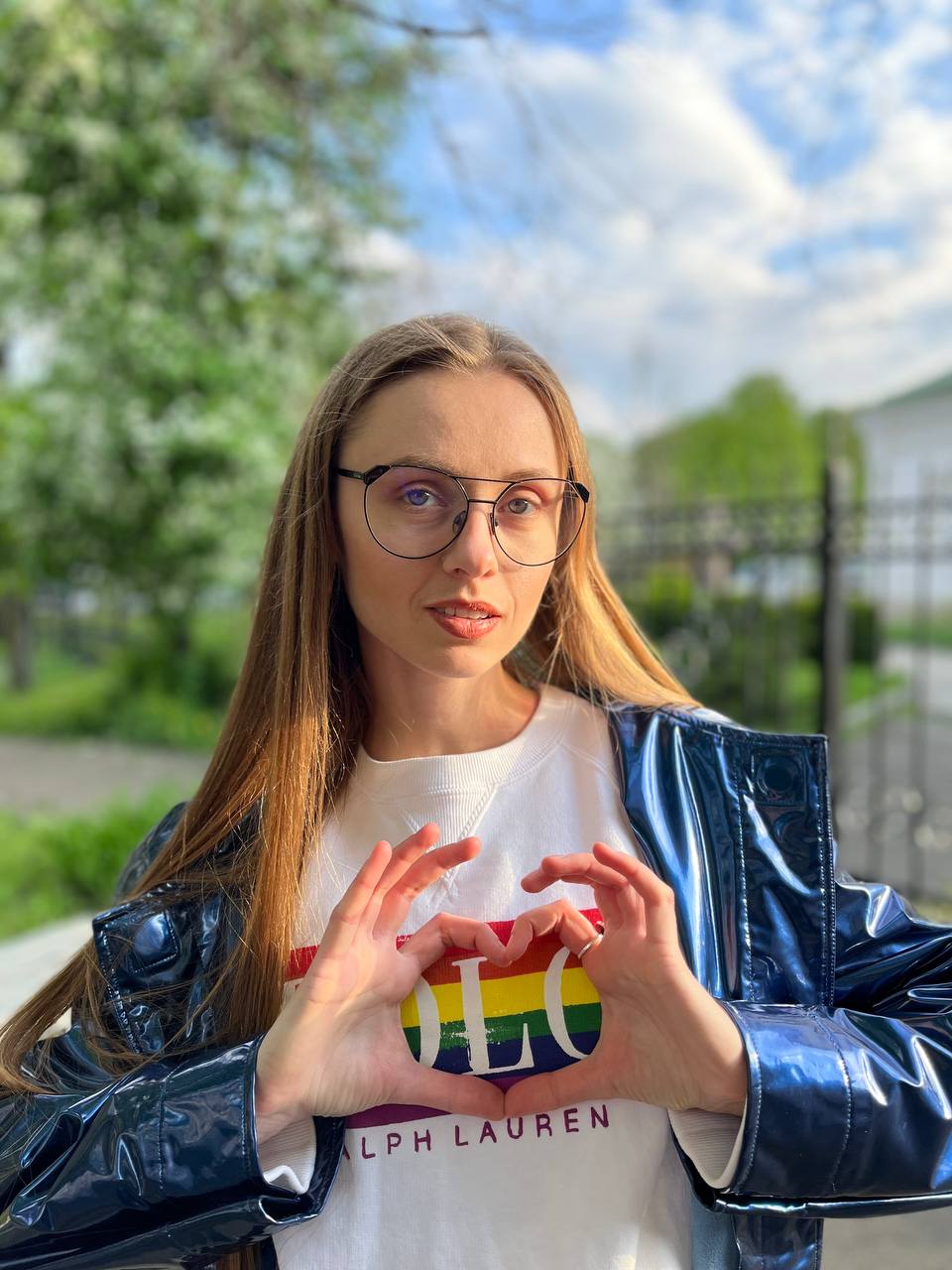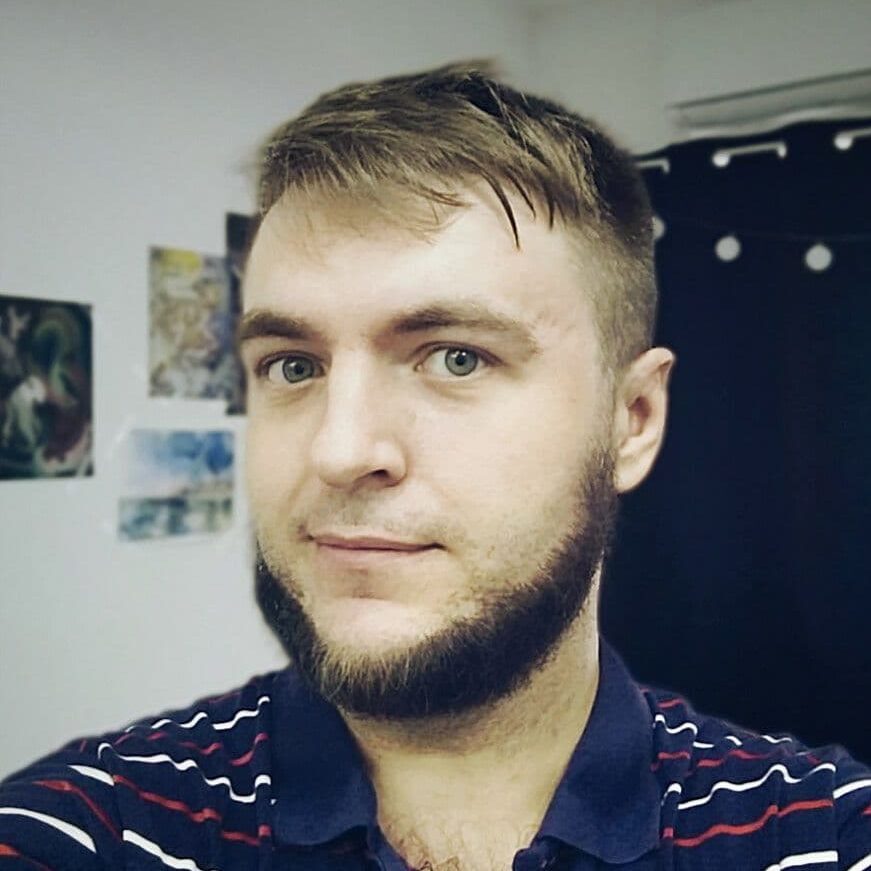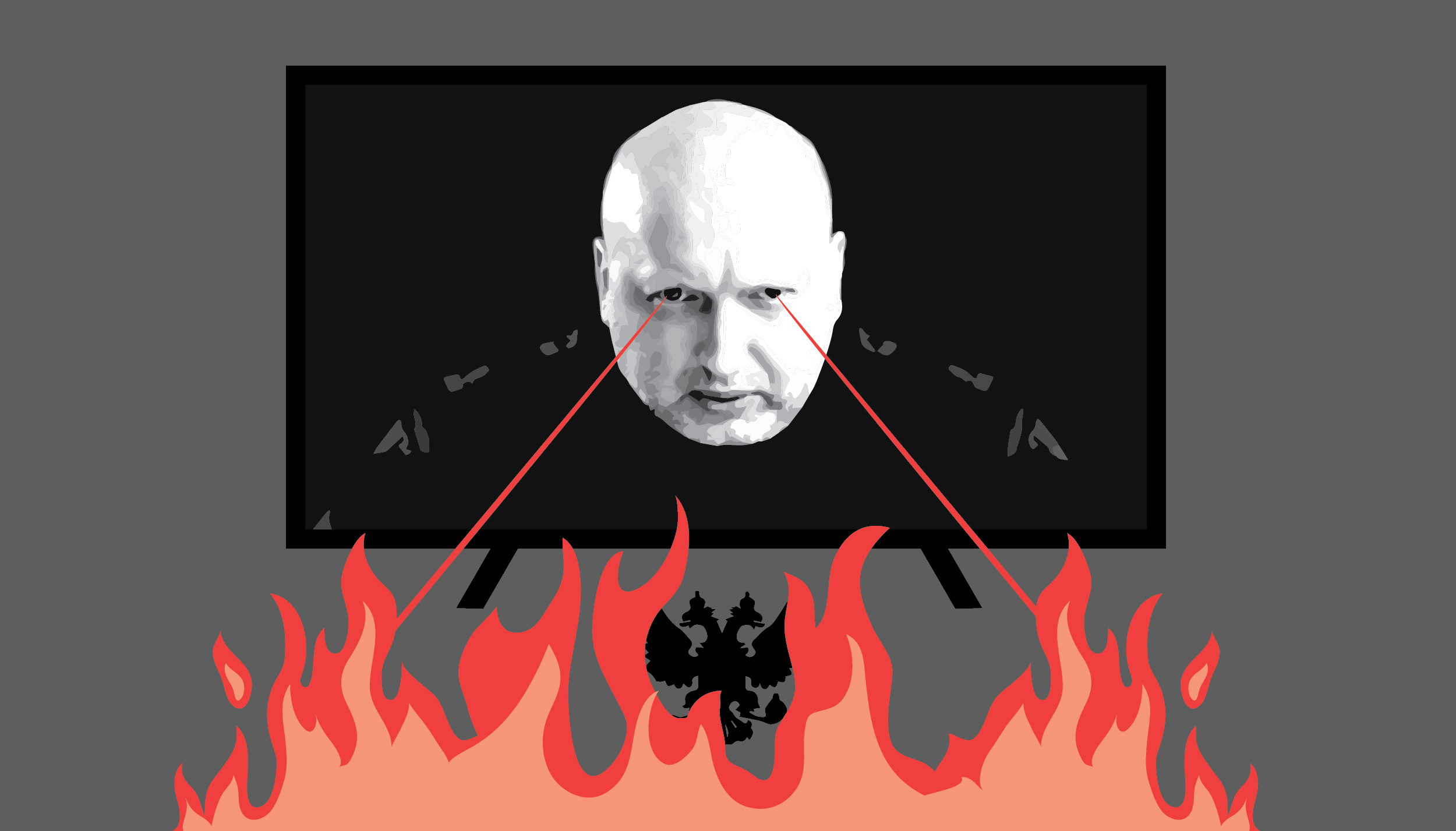

Українською читайте тут.
Russian propaganda employs the term "junta" as a derogatory label to undermine the legitimacy of the Ukrainian government. Given that junta is an illegitimate and repressive regime often established through military mutiny, consistently branding the Ukrainian government as a junta serves as a propaganda tactic aimed at delegitimizing it and depicting it as an undemocratic force. Through the use of such terminology, Russia aims to shape public opinion both domestically and internationally, framing its actions, such as the annexation of Crimea or a full-scale invasion, as necessary measures against the so-called "Kyiv junta." Interestingly, agitprop sees no issue with collaborating with actual juntas. For instance, the Kremlin closely collaborates with the juntas of certain African countries, and agitprop positively assesses this form of political relationship. This analysis delves into how adversarial propaganda exploits the concept of juntas.
Good and bad juntas
Leading up to the Second Russia-Africa Summit held on July 27-28, 2023, in St. Petersburg, Putin, in his article on Russian-African relations, highlighted the "genuine reservoir of friendship and collaboration" and the "reciprocal support" cultivated between Russia and African nations. Since 2020, military juntas have risen to power in four countries on the continent—Burkina Faso, Mali, and Niger—all with direct ties to Russia, which has actively played a role in forcibly altering local leadership. This involvement includes the participation of Russian mercenaries affiliated with the terrorist organization "Wagner," supporting the juntas in Burkina Faso and Mali while opposing France and the United States (with Niger having been a crucial security partner for the U.S. in the region before the July coup). Following a military coup in Niger in August 2023, when the junta faced potential military intervention from West African countries, the insurgents sought assistance from the Russian terrorist organization Wagner.
The junta's ability to uphold control and bolster its authority is directly contingent on the procurement of arms. When faced with international sanctions, the junta's capacity to acquire weapons on the global market becomes constrained. According to a report from the Stockholm International Peace Research Institute (SIPRI), Russia has surpassed China as the primary arms supplier to sub-Saharan Africa between 2018 and 2022. The study indicates that Russia secured a 26% share of the region's arms market, compared to 21% in the preceding five years. With global arms shipments on the decline, Russian arms are increasingly making their way into Africa, notably in Burkina Faso, Mali, Nigeria, and Somalia—countries where the UN documents the highest number of terrorism-related deaths in the region.
On the one hand, we have Russia's destabilizing support for the military rulers of African countries (real juntas), and on the other hand, the labeling of Ukraine as a "junta", which it is not. This tactic is called "concept substitution": propagandists manipulate the meaning of certain terms or concepts to create a false public impression. "Replacing concepts" involves using emotionally charged terms to create negative associations.
Why Russian propaganda is portraying Ukraine as a junta
A junta is marked by the ascendancy of military leaders who seize governmental control. Typically, junta members attain power through a coup d'état or other forceful methods, toppling the existing government. The term "junta" carries negative implications as it is linked to military coups, the consolidation of power, restricted access to it, and a tumultuous and violent change in state leadership.
Russian agitprop often refers to Ukraine as a fascist or bloody "junta" or "Kyiv regime" after the events of the Revolution of Dignity and Viktor Yanukovych's flight to Rostov. Even then, the Kremlin represented the Ukrainian leadership as an illegitimate power of putschists led by the then acting Oleksandr Turchynov, President of Ukraine. In 2014, the Russians appealed to the fact that, as a result of the Euromaidan, a "junta" came to power in Ukraine, which, they say, overthrew "legitimate" Yanukovych through a coup. To add grotesqueness, propagandists use negative signifiers, thus resorting to the tactic of "shameful epithets". The Kremlin demonizes the "Kyiv regime". And the word "regime" is also used by propagandists to distort the context, which should portray the legitimately elected government as illegitimate. Despite the fact that all elections in Ukraine in 2014 continued to be recognized by international organizations as meeting democratic standards of honesty and transparency.
But agitprop turned Ukraine into a "404" country, that is, a "fake" state, so you can no longer celebrate its inviolability, sovereignty, or internationally recognized borders. And now he dreams of a "coup" again.
Since the commencement of the full-scale invasion, Russia has been actively attempting to artificially escalate the conflict between Ukraine's political and military leadership. The aim is to create destabilization and instill despair among ordinary Ukrainians. At the outset of the large-scale war, Putin pursued a strategy akin to a "military revolt," urging the Ukrainian military to defy President Zelensky's directives and seize control themselves.
The Kremlin anticipates that orchestrating a "coup" will result in the loss of legitimacy and trust in the Ukrainian government, both among its citizens and the global community. This perceived illegitimacy is intended to further undermine Ukraine's position, coercing it towards complete capitulation or territorial concessions. It also seeks to portray Ukraine as an "inferior" participant in negotiations, implying that other states should decide its fate without its direct involvement. This endeavor aims to discredit the Ukrainian leadership, depicting it as divided and embroiled in internal conflicts rather than working towards victory. Under these circumstances, trust in Ukrainian authorities is likely to decline, leading to a reduction in international support. In this scenario, propaganda could introduce the notion of "two sides" and fracture the backing of the international coalition, which is largely rooted in the democratic election of Ukraine's government. Moscow is precisely banking on this strategy.
Agitprop’s coup perpetrators
Hostile agitprop disseminates prominent narratives of a purported "coup" in Ukraine, framing it as a broad confrontation between the Commander-in-Chief of the Armed Forces of Ukraine and the commanders of the Ground Forces and the Air Force. According to varying versions, they are either jointly planning to overthrow the President or forming situational alliances for the same purpose. If they were to seize power through a military coup, they would lack legitimacy, and the West would not view them as trustworthy partners.
In the initial stages of the full-scale invasion, when Putin called on the Armed Forces of Ukraine to rebel, he argued that the Ukrainian authorities were a bellicose "puppet of the West," sending its populace to harm Slavic brethren, while Ukrainian society purportedly harbored "brotherly love" for Russians and did not genuinely wish to confront them. Current Telegram-based propaganda manipulates information, asserting that the United States sees Zelensky as an incapable player in dialogue and agreement. Russian propagandists claim that the Pentagon is favoring Zaluzhnyi, who purportedly stands ready to compromise with the Kremlin, avoiding the unnecessary sacrifice of his soldiers.
An illustrative instance involves a deepfake technology-generated video address attributed to the Commander-in-Chief of the Armed Forces of Ukraine, Valery Zaluzhnyi, circulated on networks in early November of the previous year. In these videos, Zaluzhnyi purportedly calls on the Ukrainian populace to gather in their city squares, urging the military not to comply with the "criminal orders" of the authorities.
As observed, agitprop demonstrates adaptive responsiveness to the informational landscape surrounding Ukrainian issues, with its primary objective being the erosion of trust in the Ukrainian government and the state. Unfortunately, certain internal actors within Ukrainian politics collaborate with Russia in disseminating disinformation, seeking to gain advantages during a pre-election period.
Russia aims to bolster its influence in the countries of the African Sahel region, traditionally within the sphere of France's influence. The coups essentially serve to strengthen the positions of Islamic fundamentalists, viewed by the Kremlin as regional situational allies. The promotion of violent military regimes in one region and the unwarranted branding of a country as a "junta" in another further underscores the cynicism and contradictions within Russian agitprop messages.
While criticism and constructive analysis of government actions are integral to state-building processes, considering that the situation in Ukraine is closely monitored by Western elites and the media, and various Western opinion leaders such as Tucker Carlson or Elon Musk become conduits for Russian propaganda, Ukrainian political forces should engage in discussions responsibly. Fanning the conflict between political and military leadership within the state can harm the interests of Ukraine.


